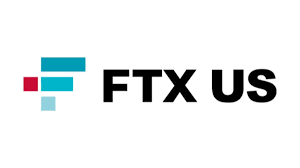As the FTX saga continues to unfold, creditors of the beleaguered cryptocurrency exchange are holding their breath, hoping for restitution following the platform’s dramatic collapse in November 2022.
Recent insights from creditor activist Sunil Kavuri suggest that affected parties might expect to recover between 10% to 25% of their holdings. This estimation comes as stakeholders grapple with the ongoing restructuring process and the impending court hearing scheduled for October 7, which will determine the nature of the payouts—whether in cryptocurrency or cash.
Adding to the tension, FTX has recently transferred $230 million, approximately 18% of its seized assets, to equity holders, raising eyebrows among creditors who are already anxious about the fairness of the restructuring plan.
Kavuri has voiced skepticism about the projected recovery rates, emphasizing that these figures are merely rough estimates and could fluctuate based on the current market conditions.
Rumors are swirling that FTX may initiate the distribution of up to $16 billion to creditors as early as October, but this remains contingent on court approval of the restructuring plan.
The plan itself has faced considerable backlash; a $12.7 billion repayment agreement was previously sanctioned, yet the court has barred both FTX exchange and its sister company, Alameda Research, from trading digital assets.
The U.S. Trustee has also raised alarms, advocating for a more equitable distribution among creditors. Even within the creditor community, dissent is brewing, with objections filed over provisions perceived to favor equity holders at the expense of customers.
Central to the controversy are broad exculpation clauses and the lack of an “in-kind” distribution option, which creditors argue would alleviate tax burdens associated with cash payouts.
The Securities and Exchange Commission (SEC) has echoed these concerns, demanding revisions to the plan and warning of opposition if necessary changes are not made.
On the market side, FTX still possesses over $1 billion in Solana tokens, and any liquidation of these assets could adversely affect Solana’s market value. Conversely, if payouts commence, it could inject fresh capital into Bitcoin and altcoins, potentially stirring significant price movements across the crypto landscape.



